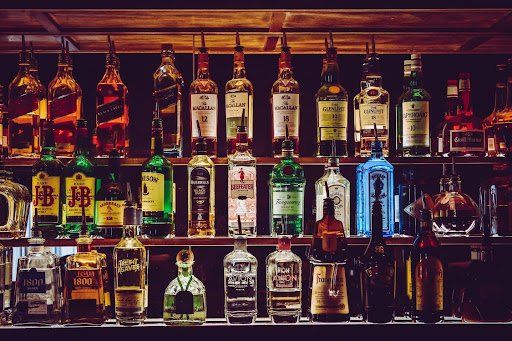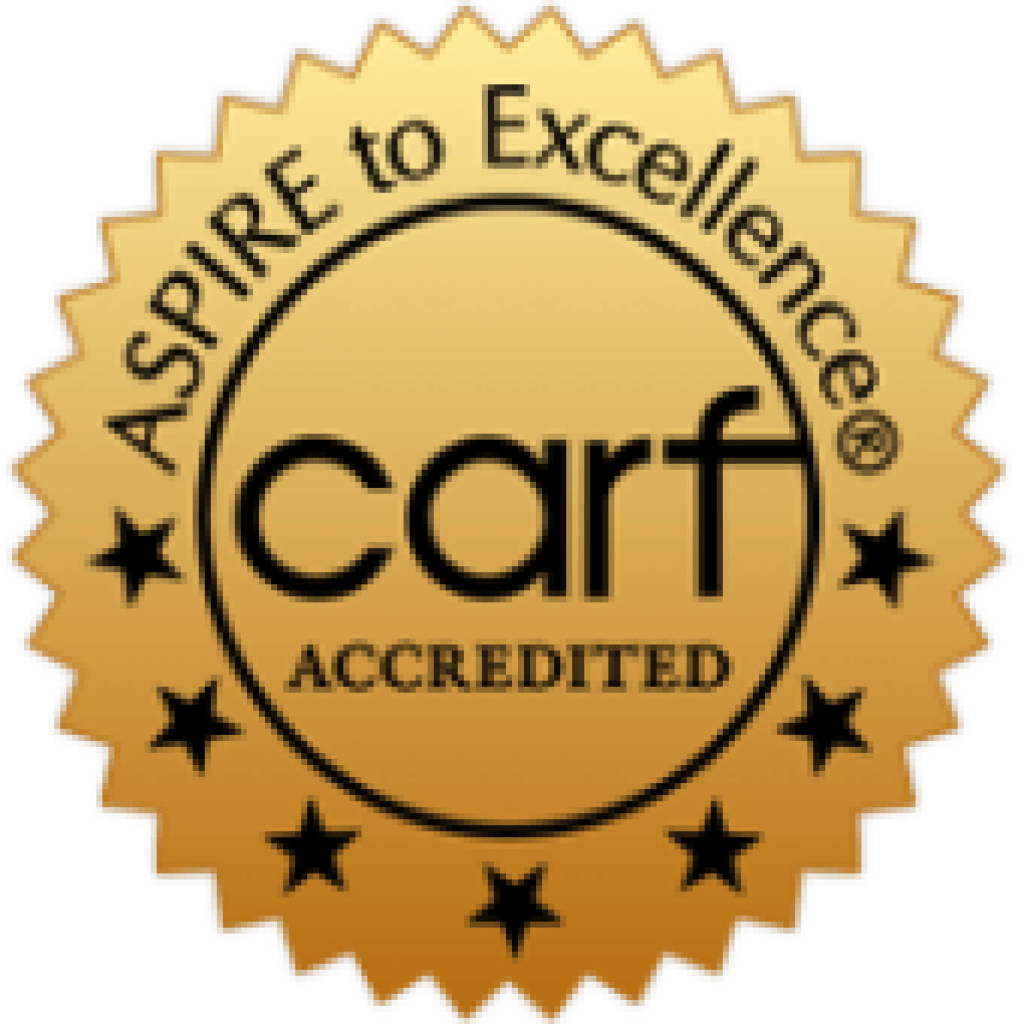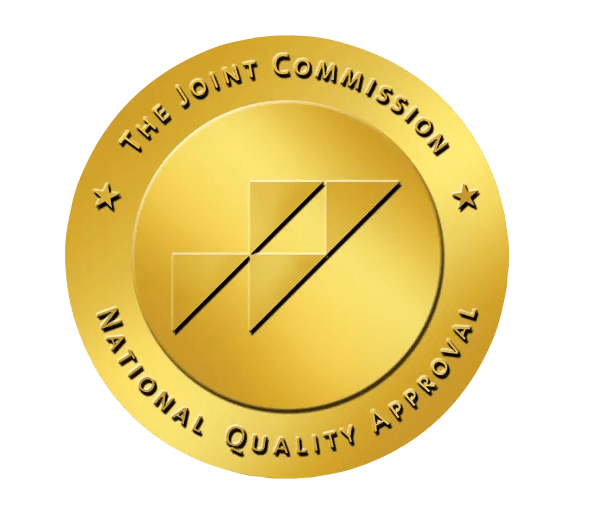A Guide to Heroin Addiction Treatment
What Happens in Heroin Addiction Treatment?

Heroin use has been increasing across the U.S. over the past decade.
According to the Centers for Disease Control and Prevention (CDC), heroin use has more than doubled in just ten years. With increased heroin use comes abuse and overdoses, and the CDC reports that more than 8,200 people of heroin overdose in 2013.
ALSO READ: How Are ADHD and Substance Abuse Linked?→
Recovery Options for Heroin Addiction
However hard it may seem, heroin addiction treatment is possible, and sobriety can be achieved through therapy, medication, and lifestyle choices.
The first step to overcoming heroin addiction is detox. This is one of the hardest parts of heroin addiction treatment since it can lead to withdrawal effects, including nausea, vomiting, diarrhea, anxiety, abdominal cramping, and more.
Depending on the treatment option chosen, experts at rehab centers can help minimize these withdrawal effects.
Both inpatient and outpatient programs are available for heroin addiction treatment. Still, when it comes to detoxing, inpatient programs are preferred because of the availability of staff and the popularity of medication-assisted treatment (MAT).
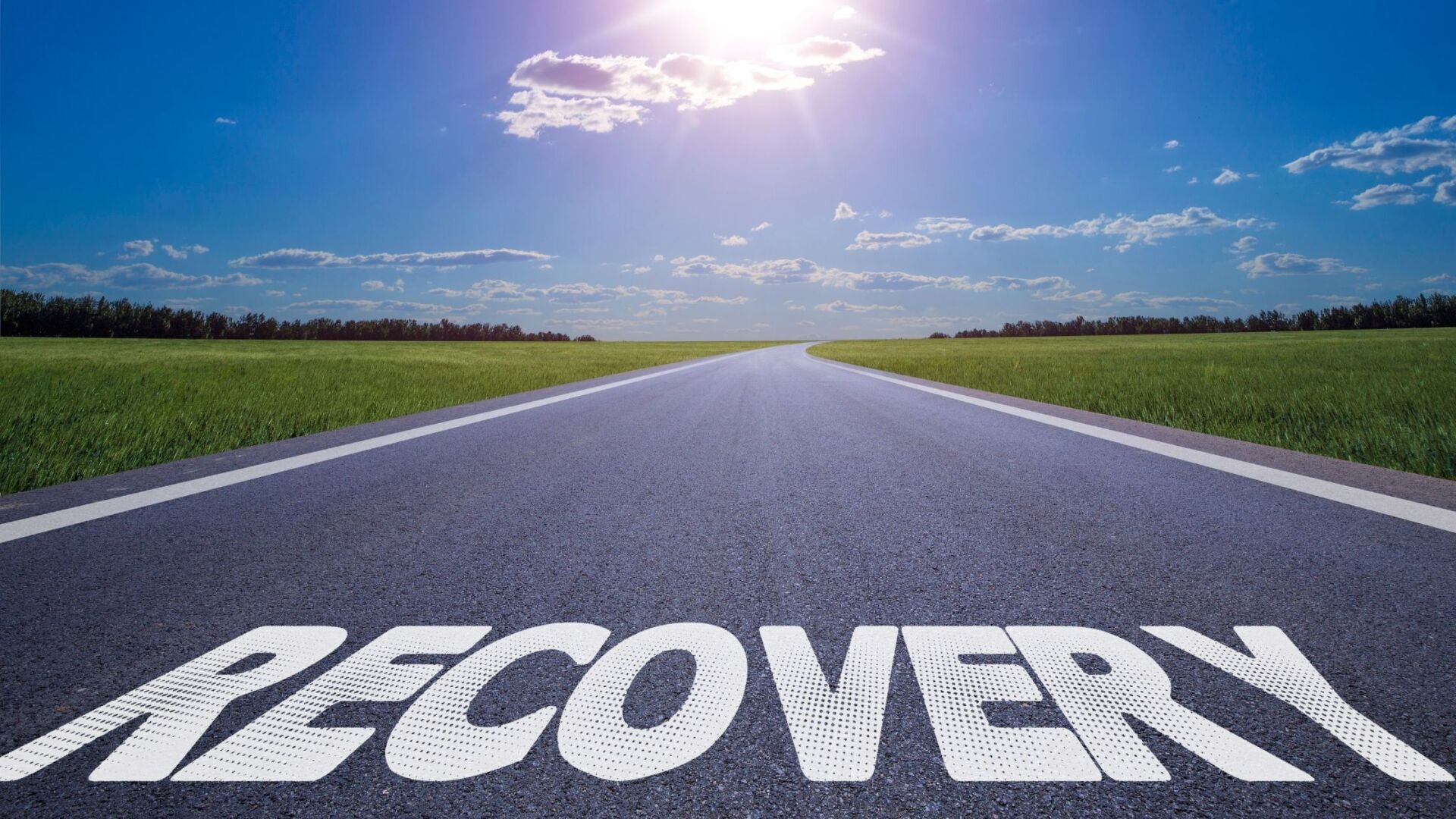
What Does Heroin Addiction Treatment Consist Of?
There are different options available for heroin addiction treatment, including medication-assisted treatment (MAT) and behavioral therapies.
- Medication-Assisted Treatment (MAT)
While withdrawal and detox are some of the most challenging parts of heroin addiction treatment, many pharmacological treatments can help you through the process. The FDA has approved several drugs for treating heroin addiction, each of which helps curb cravings and decrease withdrawal symptoms.
- Buprenorphine
Buprenorphine helps relieve opioid cravings and withdrawal symptoms without producing “a high” or other dangerous side effects. Because of this, there’s less of a chance of becoming addicted to it. However, it’s still important to use it with caution since it can be dangerous when taken with heroin and is only recommended for those ready to devote themselves to recovery.
- Methadone
Methadone is an opioid and can be addictive, but it’s extremely effective for long-term medication-assisted treatment. In addition to reducing cravings, it helps with withdrawal and allows those with substance abuse issues to stay in recovery.
- Naltrexone
Naltrexone is a non-addictive drug that prevents heroin from working by keeping it from reaching the opioid receptors. It’s also used for treating alcoholism and prevents those in recovery from feeling the euphoric effects they seek when abusing substances.
- Suboxone
Suboxone is a mixture of naloxone and buprenorphine and helps reduce withdrawal pain and dampen the effects of heroin.
- Behavioral Treatments
Behavioral treatments for heroin addiction include individual therapy, group therapy, and contingency management and can be done in both inpatient and outpatient settings. These help individuals identify their triggers, copy with underlying issues, build coping skills, and teach them how to deal with relapse.
Choosing Between Treatments
It’s important to make sure you look for an accredited rehab that has plenty of treatment options to choose from.
Depending on your specific needs, you may need a treatment center that addresses multiple drug addictions or one that addresses underlying issues.
At Pathways Recovery Centers, we pride ourselves on offering patients several treatment styles to choose from.
From medication-assistant treatment and 24/7 medically monitored inpatient detoxification to outpatient programs and private sobriety coaching, there are many different ways to tackle heroin addiction treatment.
If you’re overwhelmed by the options and don’t know where to begin, our experts can discuss the different options with you and help you determine which is the best for your needs. Recovery is always possible with the right help –
reach out to us and begin your sobriety journey today.




